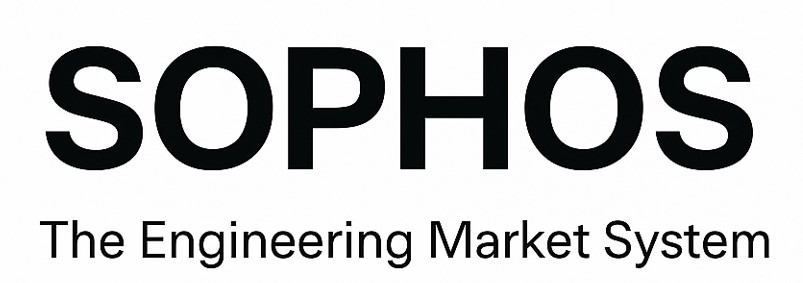Losses
Why Most People Lose in the Markets
Introduction
Financial markets are full of promises: profit, freedom, independence. But the reality is harsh: the overwhelming majority of people who try to invest lose their money. This is not a matter of luck or "bad fortune." It is a matter of method. Most enter without a method, and that alone is enough to lead them to failure.
The Myth of "Quick Success"
Markets attract many with the illusion that there is a shortcut to wealth. A video online, a "sure" tip, a sudden market move. In practice, anyone relying on such "secrets" loses. Why? Because there are no secrets. There are only rules and discipline.
Absence of Rules
The first and biggest mistake is the absence of rules. Most cannot answer the basic questions:
-
What will I buy?
-
When will I buy it?
-
How much will I buy?
-
When will I sell if I have profit?
-
When will I sell if I have loss?
Without clear answers, the process is blind. The investor moves from information to information, from hope to fear.
The Role of Emotion
Fear and greed are the two forces that destroy the average investor.
-
When the market rises, greed dominates and they put in more money, without control.
-
When the market falls, fear dominates and they close positions hastily with loss.
The result is a vicious cycle: small or medium profits are wiped out by larger losses.
Information Overload
Another problem is over-information. Newspapers, articles, TV "experts," online analysts. Each one presents their own version, often contradictory. The new investor hears ten opinions and does not know which to follow. In the end, they become more confused and make decisions without any consistency.
The Statistical Law of Failure
It is no coincidence that 80–90% of retail investors lose. The reasons are systemic:
-
They enter without a strategy.
-
They do not measure risk.
-
They lack discipline.
-
They rely on external information instead of their own rules.
It is like entering a battle without a weapon, hoping simply to get lucky.
The Illusion of "I Will Manage"
Many believe that with some experience they will learn to "feel the market." This is another illusion. The market cannot be felt; the market is measured. Whoever relies on instinct is essentially playing blind.
Sophos: The Opposite Path
Sophos was designed precisely to avoid all these mistakes.
-
It has clear rules for what, when, and how much.
-
It does not allow trades without a stop-loss.
-
It is based on a disciplined reward-to-risk ratio (3R–15R).
-
It waits for trend confirmation before participation.
Where most lose because they have no system, Sophos follows a system that never deviates.
Conclusion
Most people lose in the markets because they enter the wrong way:
-
They have no rules.
-
They are influenced by emotion.
-
They are misled by information overload.
-
They think experience will replace method.
The truth is simple: without strategy, the outcome is almost certain — loss. With strategy, discipline, and measurement, the picture changes.
Sophos embodies this logic: not luck, not guesses, but a specific, measurable system.

